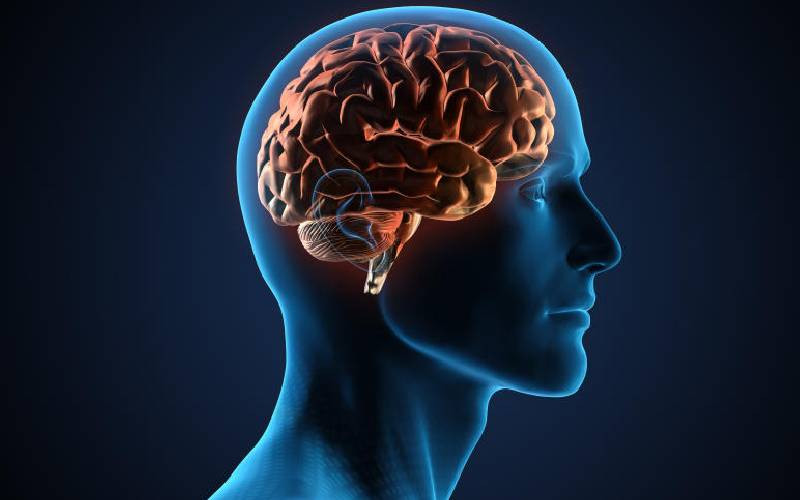×
The Standard e-Paper
Read Offline Anywhere

Audio By Vocalize

From lungs to liver, penis to the pancreas, medical scientists have made great strides in organ and tissue transplants.
Breakthroughs include transplanting a genetically modified heart of a pig into 57-year-old David Bennett Sr in January. Bennett Sr lived for three months after the transplant.
